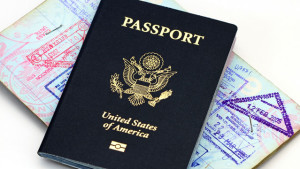Dear Liz: My wife is in the process of being named executor for her late sister’s estate. There are several medical bills, including some that have been sold to collection agencies. Our understanding is that any negotiations or settlements should be done with those agencies as opposed to the original medical organization. Is this correct in general as well as in probate situations?
Answer: If a bill has been sold to a collection agency, that’s the entity your wife will have to contact. However, not all medical bills are sold. Sometimes collection agencies work on behalf of healthcare providers. When that’s the case, your wife may want to contact the original provider.
As executor, your wife can and should hire an attorney to advise her on administering her sister’s estate. The estate will pay the cost for this advice and your wife will receive helpful, personalized counsel on dealing with every aspect of being an executor, including this one, which is particularly fraught.
The Consumer Financial Protection Bureau recently warned that some medical debt collectors are violating federal law by inflating bills, trying to collect on debts that aren’t owed, demanding payment for services insurance has already covered and lying about consumers’ rights to contest bills. The attorney can help your wife verify the bills are accurate and negotiate settlements.
 Today’s top story: Is medical debt disappearing from your credit report? Also in the news: A new episode of the Smart Money podcast on tackling the racial wealth gap, using the 25-year-rule to buy a cool, cheap are, and how to check if your new circuit breaker is part of a serious recall.
Today’s top story: Is medical debt disappearing from your credit report? Also in the news: A new episode of the Smart Money podcast on tackling the racial wealth gap, using the 25-year-rule to buy a cool, cheap are, and how to check if your new circuit breaker is part of a serious recall. Health care bills are about to become far less threatening to the financial well-being of millions of Americans.
Health care bills are about to become far less threatening to the financial well-being of millions of Americans. Today’s top story: Need a passport for a trip? Give yourself a big time cushion. Also in the news: How to avoid getting sick on a plane, what to buy (and skip) in September, and how to minimize credit damage from medical bills.
Today’s top story: Need a passport for a trip? Give yourself a big time cushion. Also in the news: How to avoid getting sick on a plane, what to buy (and skip) in September, and how to minimize credit damage from medical bills.